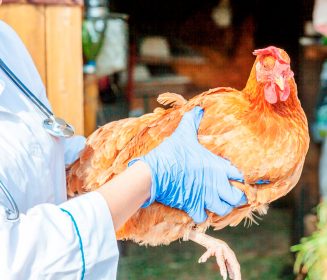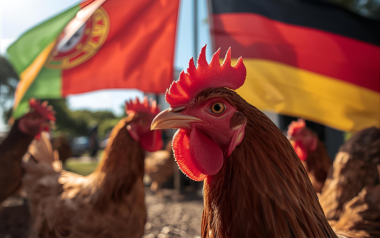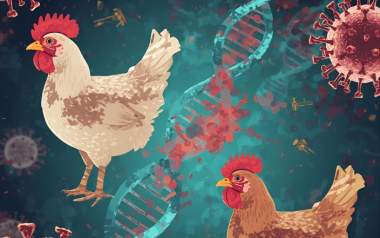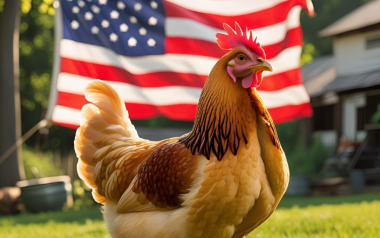Sources: Available upon request.
30 Dec 2024
Bird flu spreads in the US: big cats die at Washington sanctuary
In recent weeks, a devastating outbreak of avian influenza has swept through the Wild Felid Advocacy Center, a big cat sanctuary located in Shelton, Washington. This outbreak has tragically resulted in the deaths of 20 animals, including cougars and Bengal tigers, leaving the sanctuary and its staff in a state of shock and mourning.
In recent weeks, a devastating outbreak of avian influenza has swept through the Wild Felid Advocacy Center, a big cat sanctuary located in Shelton, Washington. This outbreak has tragically resulted in the deaths of 20 animals, including cougars and Bengal tigers, leaving the sanctuary and its staff in a state of shock and mourning.
The outbreak was first detected around Thanksgiving, when several big cats began showing symptoms of the disease. Despite the sanctuary’s efforts to contain the virus, it spread rapidly, claiming the lives of more than half of the sanctuary’s feline population in just a few weeks. The virus is believed to have been transmitted through respiratory secretions and contact with infected birds or contaminated environments.
Among the deceased animals were five African servals, four cougars, four bobcats, two Canadian lynxes, one African caracal, one hybrid Amur-Bengal tiger, and one Geoffroy’s cat. The rapid progression of symptoms and the high mortality rate have highlighted the lethal nature of the virus for big cats. In many cases, the animals succumbed to the disease within 24 hours of showing symptoms.
The sanctuary, which had been home to 37 big cats of various species before the outbreak, now has only 17 remaining animals. Four of these survivors are currently undergoing treatment and recovery. The facility has been placed under quarantine as staff work to disinfect the premises and provide care for the surviving felines.
Mark Mathews, the director of the Wild Felid Advocacy Center, described the situation as a “living nightmare.” The loss of these animals, many of which were rescued and endangered species, has been a significant blow to the sanctuary and the broader conservation community.
Health officials have emphasized the importance of preventing further spread of the virus. Avian influenza primarily spreads through respiratory secretions and contact with infected birds or contaminated environments. The proximity of the sanctuary to natural habitats in Washington, where there has been an increase in cases among wild birds, likely contributed to the outbreak.
This incident underscores the broader threat posed by avian influenza, which has been spreading across the United States. The virus has shown the ability to infect not only birds but also mammals, including domestic pets and wildlife. The potential for the virus to mutate and pose a greater risk to humans is a growing concern among scientists.
As the sanctuary continues to navigate this crisis, it is appealing for donations to help cover the rising medical costs and support the ongoing care of the surviving animals. The Wild Felid Advocacy Center remains committed to its mission of protecting and conserving big cats, despite the significant challenges posed by this outbreak.








































